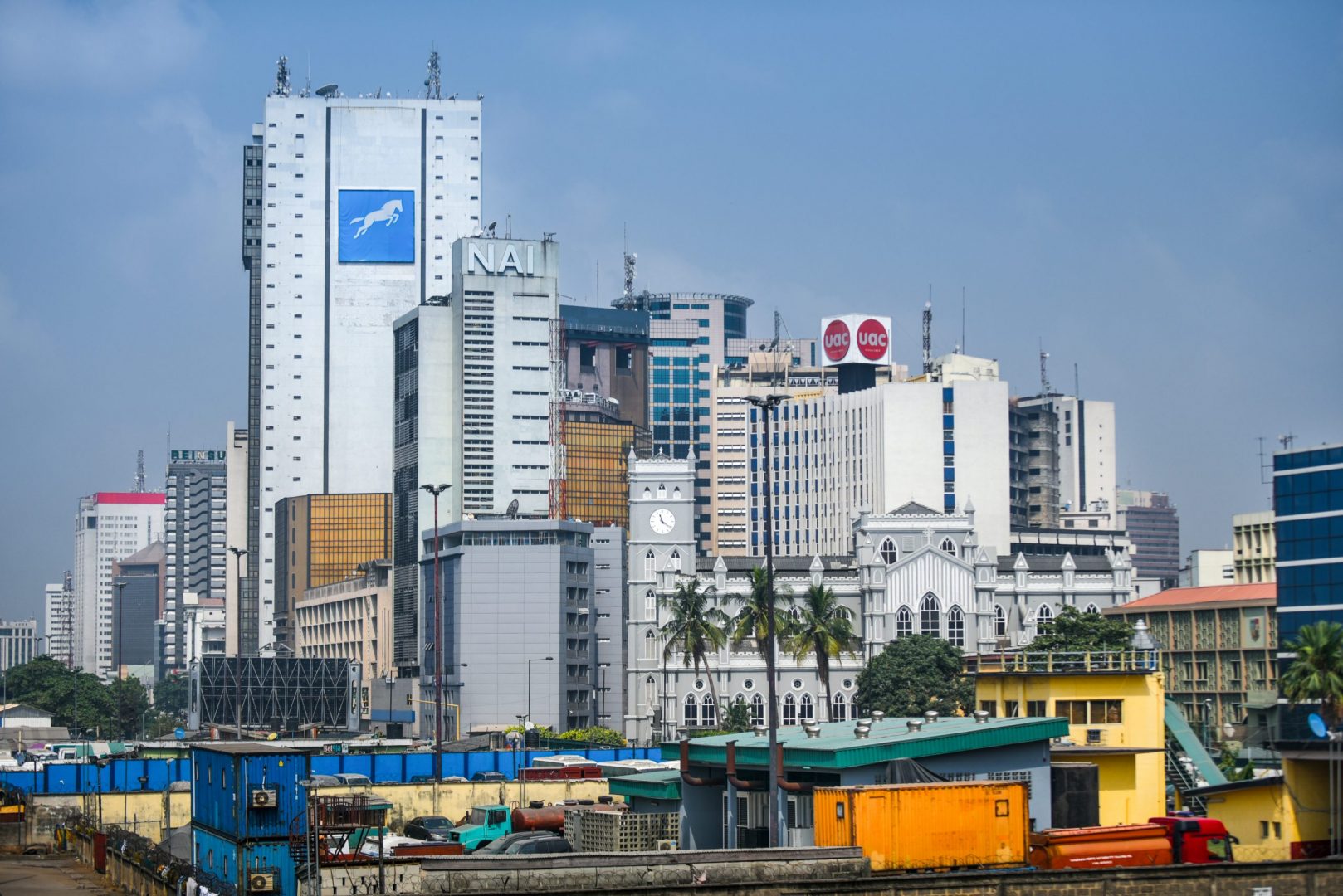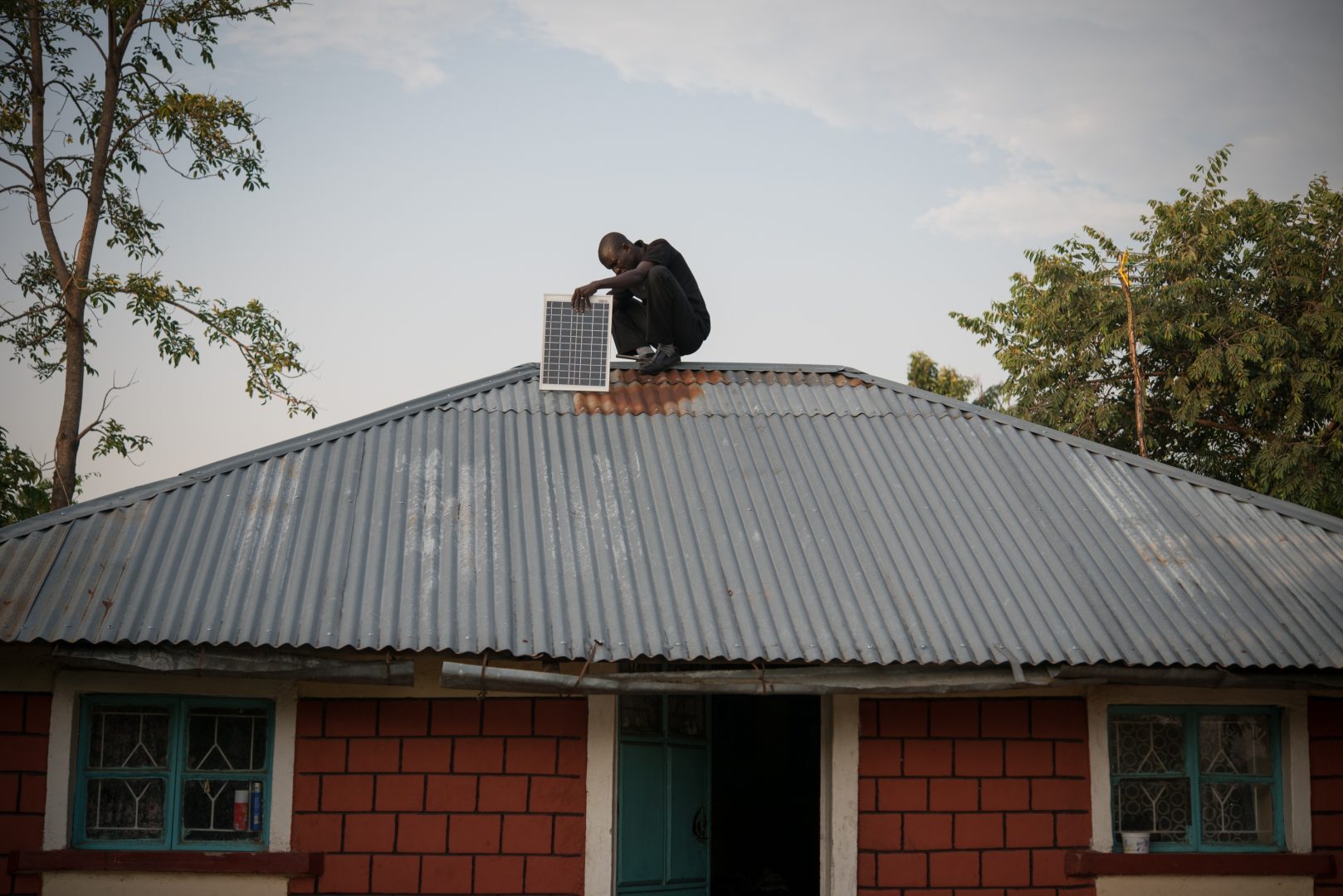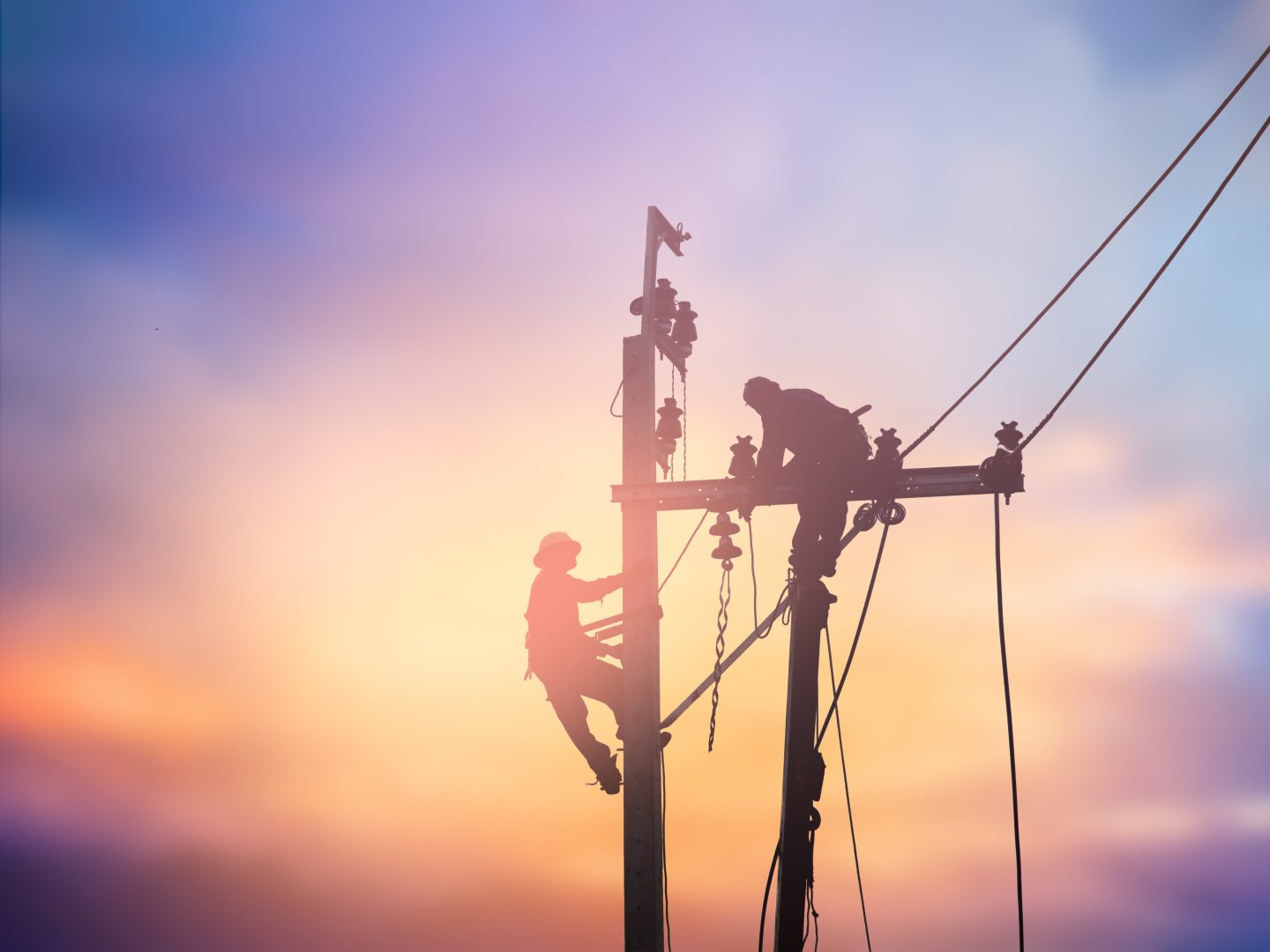In sub-Saharan Africa alone, more than 600 million people lack access to electricity. In many of the countries we invest in, access to power is low and those that are connected are regularly affected by power cuts. These result in reduced output, higher costs and squeezed margins for businesses. The importance of electricity in contributing to economic growth is well recognised by economists, investors and practitioners globally. However, the development needs and challenges in Africa and South Asia are constantly evolving and becoming increasingly complex.
Rapid population growth is driving the demand for adequate electricity to support employment opportunities – more than 25 per cent of the global population is projected to be located in Africa by 2050. In addition, the emergence of disruptive technologies is challenging traditional grid-based systems; and there is also a need to deploy renewable energy at scale whilst supporting baseload technology to deliver grid stability.
This review groups evidence of the impact of electricity on development outcomes in emerging economies. Broadening the scope of earlier reviews on development impact from the electricity sector, it considers a range of interventions, including transmission and distribution investments, utility-scale generation as well as off-grid individual supply systems and mini-grids. The review seeks to assess the evidence of their macroeconomic, microeconomic, social, and environmental impacts to help investors like us to maximise impact across investments.
Read our evidence review What is the impact of investing in power?
Insight is our series of practical lessons on private sector investment and development, based on our experiences. Sign up to our monthly newsletter.







